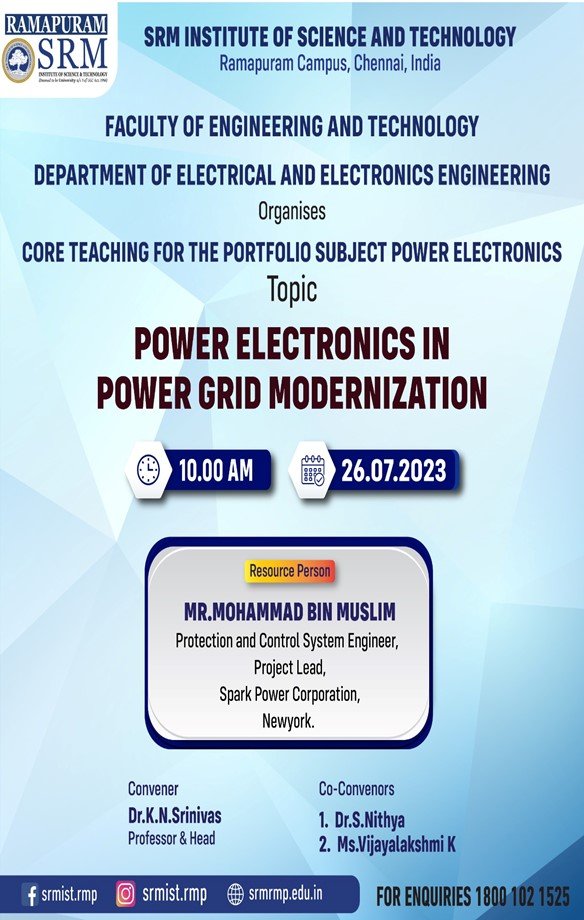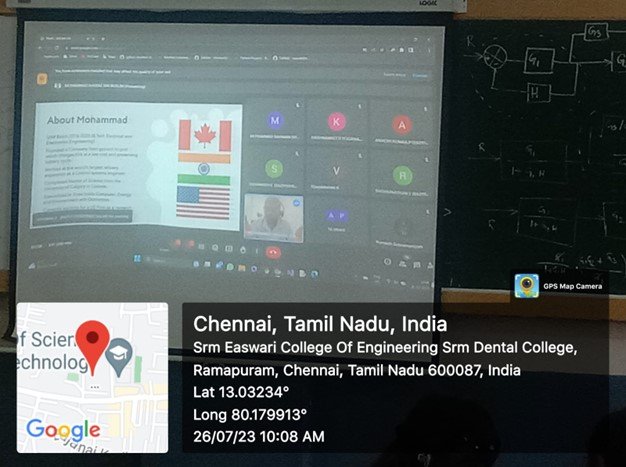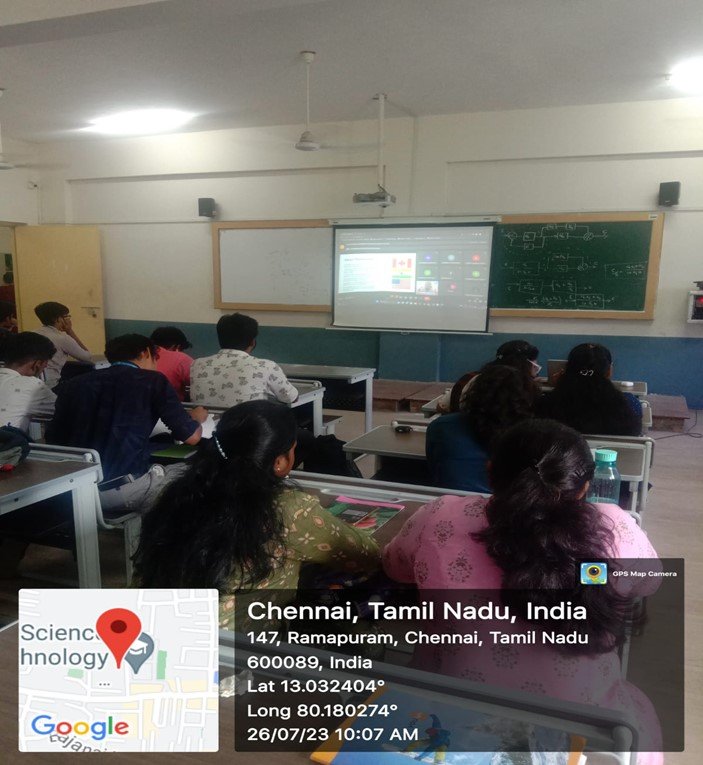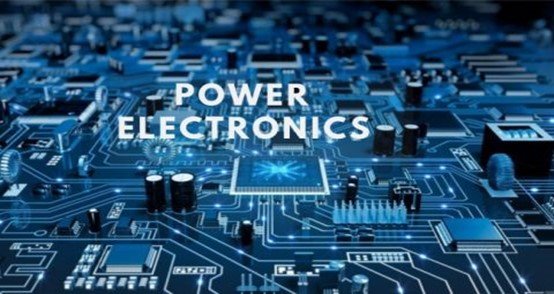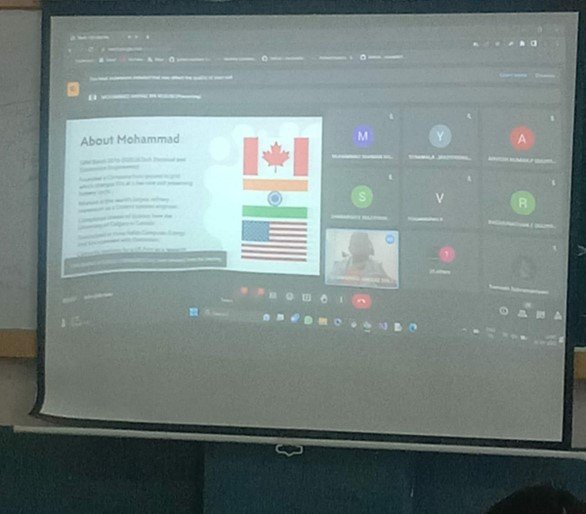1. Introduction:
The power grid has come a long way since its inception, and it plays a crucial role in supporting our modern lifestyle. As the global energy landscape shifts towards sustainability, the traditional power grid faces numerous challenges in accommodating renewable energy, ensuring stability, and meeting the demands of a digitalized society.
2. Evolution of the Power Grid:
This section presents a historical overview of the power grid’s development, from its humble beginnings to the sophisticated interconnected systems of today. It highlights the significant milestones and technological advancements that have shaped the modern power grid.
3. Challenges Faced by the Modern Power Grid:
The seminar addresses the primary challenges faced by the power grid in the contemporary world:
a) Intermittent Renewable Energy Integration: The increasing integration of renewable energy sources like solar and wind power introduces variability and uncertainty into the grid, necessitating new approaches to grid management.
b) Energy Storage: The seminar discusses the importance of energy storage solutions, such as batteries and pumped hydro storage, to overcome the intermittency of renewables and enhance grid resilience.
c) Grid Stability and Reliability: With the growing complexity of the power grid, maintaining stability and ensuring a reliable supply of electricity becomes more challenging. This section explores the impact of disturbances and potential solutions.
d) Cybersecurity and Data Privacy: As the grid becomes smarter and more interconnected, it becomes vulnerable to cyber-attacks. The report delves into the importance of robust cybersecurity measures to protect critical infrastructure and user data.
e) Aging Infrastructure and Grid Modernization: Many components of the power grid are aging and need upgrades to accommodate modern technologies. The seminar emphasizes the significance of grid modernization efforts.
4. Innovations and Solutions:
To address the aforementioned challenges, the power grid is evolving through innovative technologies and solutions:
a) Smart Grid Technologies: This section explores how smart grid technologies, such as advanced metering infrastructure, demand response systems, and real-time data analytics, are transforming the power grid into an intelligent and efficient network.
b) Distributed Energy Resources (DERs): DERs, including rooftop solar panels and small-scale wind turbines, allow consumers to produce their own electricity, reducing the load on the central grid.
c) Microgrids: The concept of microgrids, which are smaller, localized grids that can operate independently or in conjunction with the main grid, is examined as a solution for enhancing grid resiliency.
d) Grid Energy Storage: This section elaborates on various energy storage technologies and their role in balancing supply and demand, improving grid stability, and supporting renewable energy integration.
5. Future Outlook:
The seminar concludes with a glimpse of the future of the modern power grid. It discusses ongoing research, potential breakthroughs, and the collective effort needed to build a sustainable and reliable energy future.
Conclusion:
The modern power grid is undergoing a paradigm shift, driven by the need for sustainable and resilient energy systems. By embracing innovation and overcoming challenges, the power grid is poised to create a greener and more efficient future for generations to come.
Feedback:
Our Alumni Mr. Mohammad Bin Muslim came up with many suggestions for Internships, Placements and Higher studies. Students interacted and cleared their doubts regarding their Academics.
